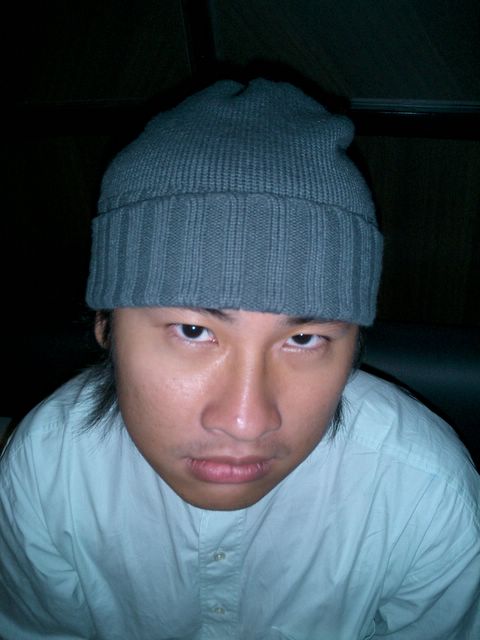“The habits of a life time will lay you low into your grave.
And when you are gone, you take the whole world with you.” --- Robyn Hitchcock (I saw Nick Drake)
Jim Morrison. Kurt Cobain. Ian Curtis. Whenever these names are brought up, one would inevitably form the image of a tragic artist who failed to come to terms with reality. Questions like ‘What might have been’ would also linger in one’s mind. However, of these delicate talents whose life ended prematurely like a withered rose, is there a story more tragic and poignant than Nick Drake’s? At least Cobain, Curtis and Morrison enjoyed fame and fortune, and their works were heard by millions before their deaths, but Nick Drake’s works were largely unheard of and unappreciated during his life time, and ironically only became popular more than two decades after his death. Does Van Gogh’s image come to mind?
Unlike most of artists who died young, Nick Drake did not live a life of indulgences and excesses. In fact, one would describe Drake as the antithesis of all things rock and roll. Born into a middleclass British family in 1948, he was educated in all things classical. He picked up guitar playing while he was studying at a boarding school during his teenage years. When he did a live performance while studying at
It was during this period of depression that Nick Drake crafted his third and final album, Pink Moon. Legend has it that he recorded all of songs by himself alone on an acoustic guitar, and just dropped the master tapes on the counter of the recording company for producer Joe Boyd to collect. Boyd wisely retained the naked and bleak sound of the initial recordings by adding only a few piano pieces. This resulted in one of the bleakest, darkest, and most introspective album in the whole history of music. Although the whole album consists only of eleven short songs that did not even exceed thirty minutes, one can almost feel Drake’s sadness, pain and anguish while listening to this album. One of my all time favorite albums, I still feel touched by Drake’s calm yet disturbed voice, and intricate guitar playing whenever I listen to this album in the middle of the night.
Although Nick Drake recorded a few more songs at home before his death (released posthumously as Time Of No Reply), no new album was completed. On
For more information regarding Nick Drake’s life and works, one can go to: http://www.nickdrake.net







No comments:
Post a Comment